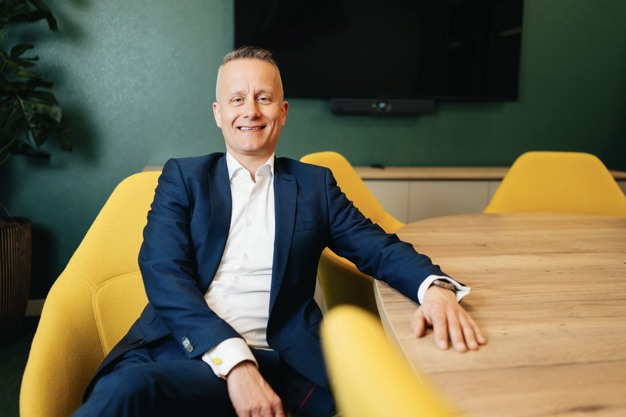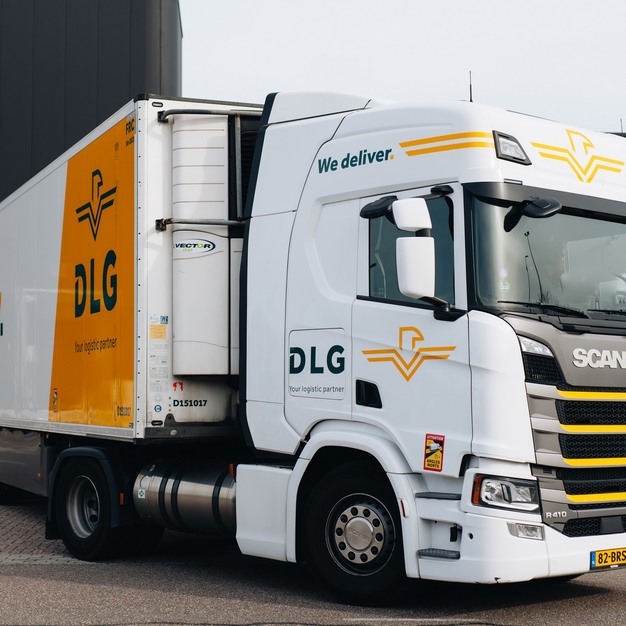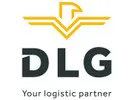In 2019, Visbeen, Post-Kogeko, and DailyFresh Logistics merged to form the Daily Logistics Group (DLG). This Dutch company specializes in transporting fresh, chilled, and frozen goods. Its motto, "Together, cleaner, smarter," emphasizes the company's commitment to sustainability and efficiency. Here, CFO Harald Lourens discusses developments within DLG, focusing on their eco-friendly strategies.
 Harald Lourens.
Harald Lourens.
DLG provides logistics services in three segments: fresh produce exports to England, frozen goods transport throughout Europe, and container transport between Rotterdam and the Benelux and Northern France. The merger coincided with challenges like the pandemic and Brexit, but DLG keeps growing, helped by the acquisition of GIST Netherlands in 2022. That strengthened their position in flower and plant logistics to the United Kingdom.
The GIST Nederland integration went smoothly for both ICT and staff. DLG benefited from synergies and increased its share in England, despite Brexit specializations thinning that market. Rising costs due to import and export hurdles and changing regulations are, however, squeezing margins.
DLG is preparing for the CSDR regulations, which will, from 2026, compel CO2 emission reporting. Their commitment to sustainability is evident in their use of LNG and HVO vehicles and the ordering of an electric Mercedes. They are also testing electrically cooled trailers and e-coolers with solar panels. That contributes to a circular economy. On their new building in the Netherlands, 1,500 solar panels generate enough energy to make the building largely self-sufficient.
The company wants to install five charging stations for their electric trucks and coordinate with neighboring businesses for joint battery storage. Despite subsidies, electric trucks are more expensive than diesel vehicles, which limits their profitability. Electric trucks go for around €350,000 versus €120,000 for diesel. Battery range and lifetime also pose challenges. Still, maintenance costs are lower, and fuel is cheaper, provided you do not use commercial charging stations.

Harald sees potential for electric road transport for short trips, like container transport between the port and hinterland. Countrywide transportation can also benefit from electric trucks. However, he expects multiple fuels to coexist: diesel, LNG, HVO, electric, and hydrogen. Hydrogen offers flexibility for long distances, provided the technology is further developed and prices stabilize.
Harald recognizes the need to address climate change and sees electric transport as a solution for shorter distances. He concludes that a combination of fuels is needed to ensure a sustainable future for the transportation sector.
Photos Nikki Ruyssenaars Photography
For more information:
Harald Lourens  Daily Logistics Group B.V. (DLG)
Daily Logistics Group B.V. (DLG)
2 Transportweg
2676 LL, Maasdijk, The Netherlands
Tel: +31 (0) 652 622 706
Email: [email protected]
www.dlg-logistics.com
